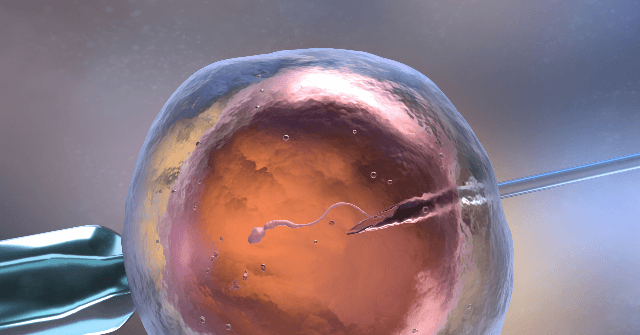A German study suggests that the Chinese coronavirus may inflict male fertility in the long term, with sperm quality significantly affected over a period of 60 days.
Researchers at Justus-Liebig University compared 84 men infected with coronavirus with a control group of 104 people of the same age and found, according to the Telegraph, that “the concentration of sperm was reduced by 516 percent, mobility by 209 percent and the shape of sperm cells was changed by 400 percent”.
“These effects on sperm cells are associated with lower sperm quality and reduced fertility potential,” explained doctoral student Behzad Hajizadeh Maleki, who led the research.
“Although these effects tend to improve over time, they have remained significantly and abnormally greater in Covid-19 patients, and the magnitude of these changes has also been linked to the severity of the disease,” added Maleki, warning that “the male reproductive system must be considered a vulnerable route of Covid-19 infection and should be declared a high risk organ by the World Health Organization. ”
The World Health Organization (WHO) claim that closing borders would not prevent the spread of the Chinese coronavirus was based on politics and economics, not science, according to the findings of a New York Times investigation released this week. . https://t.co/O4Yhn3VZw9
– Breitbart News (@BreitbartNews) October 4, 2020
Some experts, however, suggested that long-term studies would be needed to say whether the impact of coronavirus on male fertility persists over time.
“Covid-19 enters host cells by attaching its peak glycoprotein to the ACE2 receptor, which is found at high levels in the testicles,” explained Dr. Channa Jayasena of Imperial College London.
“It worried us that Covid-19 could harm male infertility,” continued Jayasena, but he continued to emphasize that “Being sick with any virus like the flu can temporarily lower your sperm count (sometimes to zero) for a few weeks or months. “
“This makes it difficult to calculate how much of the reductions seen in this study were specific to Covid-19, rather than just being sick,” he said.
“This study suggests that there may be an inflammatory response in the testicles after Covid-19, which makes it more plausible that Covid-19 influences male fertility.
“This makes it important to study the long-term effects of Covid-19 on male fertility.”
University of Sheffield andrology specialist Professor Allan Pacey issued a similar note of caution, saying “it was not easy” that the study was “able to repeat [its] measurements every 10 days over a 60-day period ”, but that“ since sperm production takes just under three months, approximately, to be completed from start to finish ”, it may have been completed too early to get results definitive.
China lied, people died https://t.co/nflWzzJSRv
– Breitbart News (@BreitbartNews) April 4, 2020
